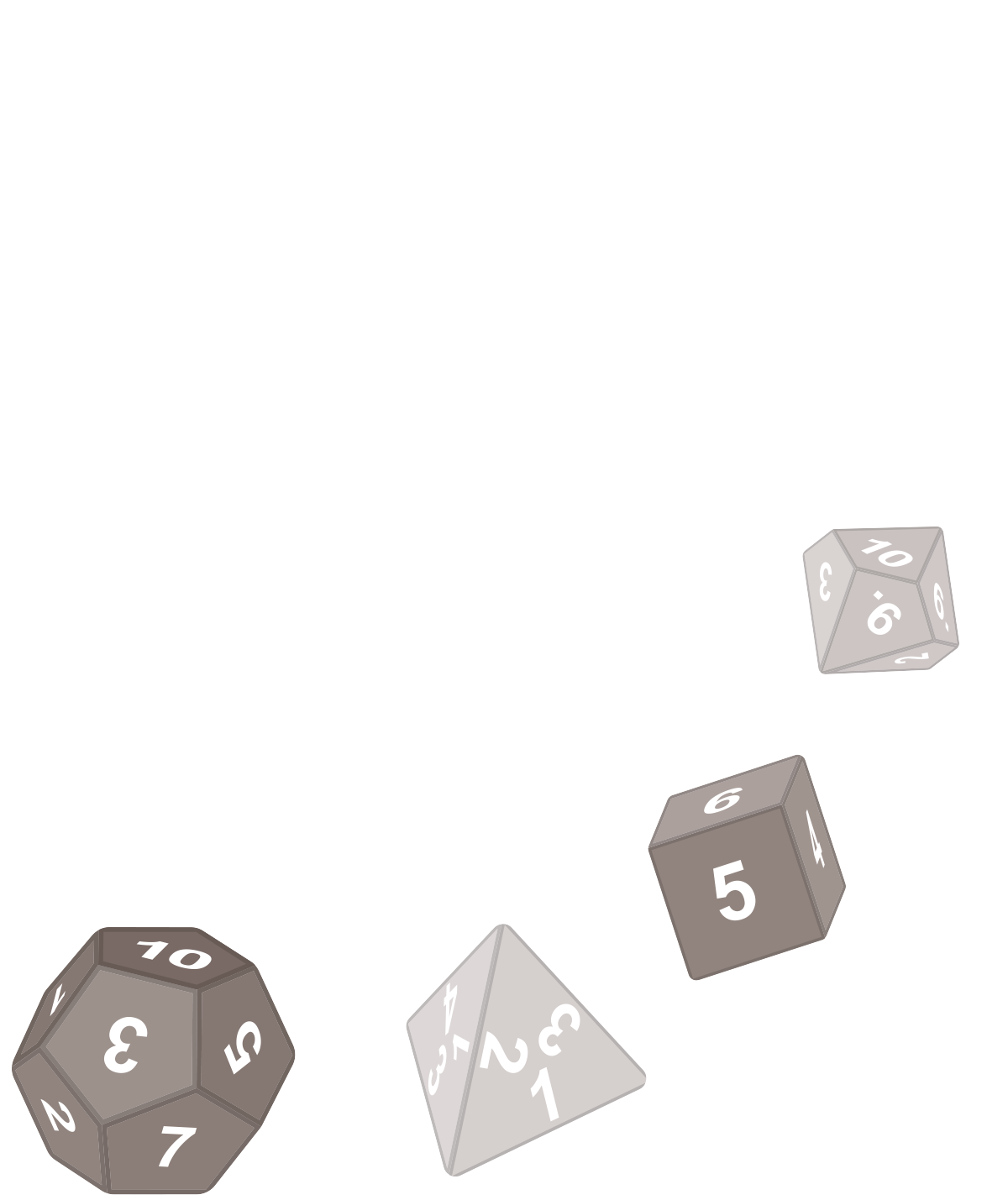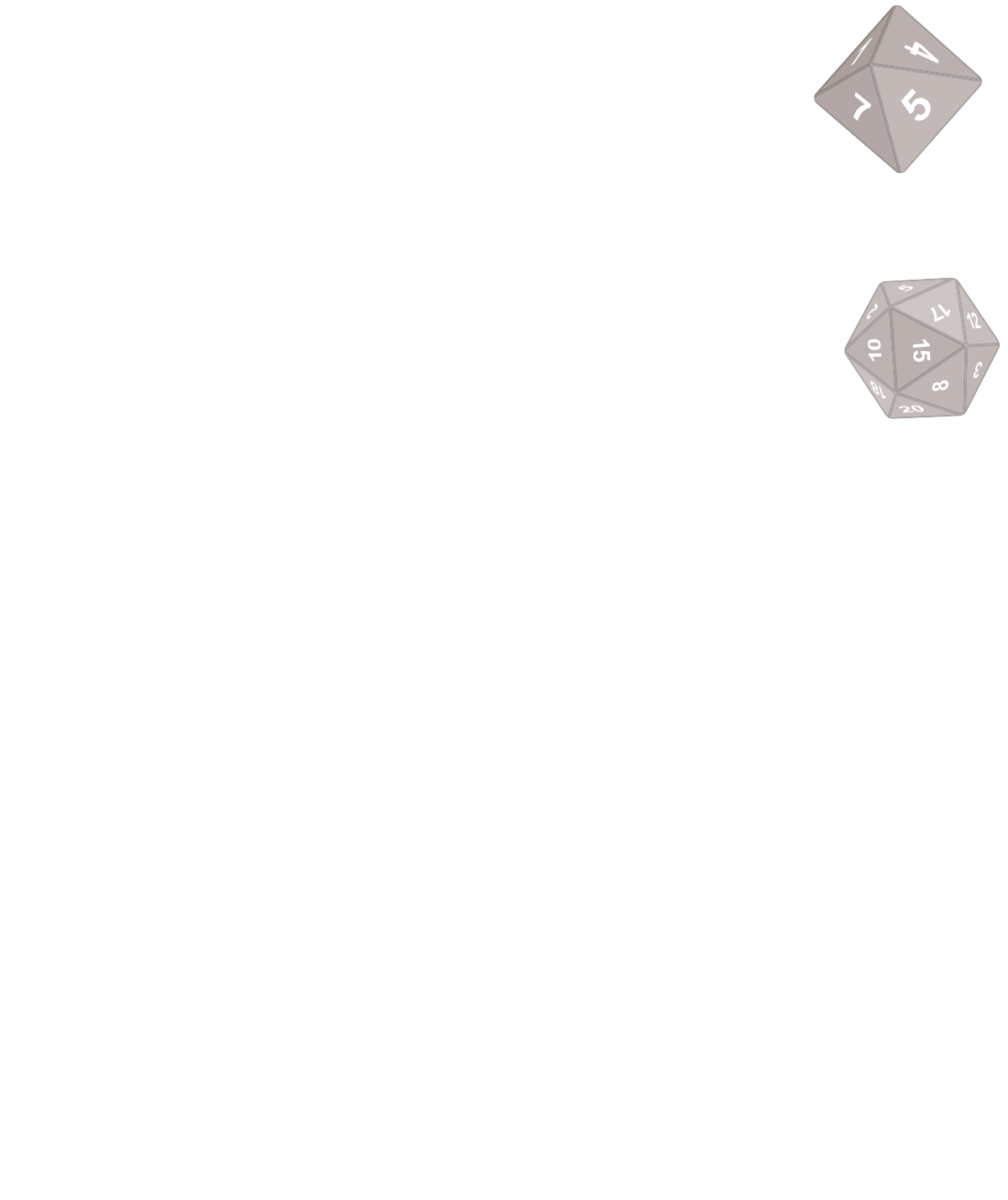Interview with occupational therapist Kerstin Siegemund
Ms. Siegemund, you hold a BSc in Occupational Therapy and are a certified hand therapist (AfH). You run a practice with three colleagues in Bergisch Gladbach. What inspired you to do what you do today?
I knew from an early age that I wanted to work with people—I just wasn’t sure how. Maybe as a doctor, maybe as a lawyer—I was undecided at first. As I thought it over, I kept coming back to occupational therapy. It’s a very diverse profession with many areas of application. That makes it interesting and varied. I always need movement and brainfood in my life. Eventually, starting my own practice was a natural step in realizing my own ideas. That it happened at 28 wasn’t planned—but I regret nothing (laughs).
Since the beginning of the year, Kathrin Fischer has been part of your team, supporting your work with a didactic role-playing concept called EduTale®. What did you think when she suggested using pen & paper role-playing games in occupational therapy?
Talking to Kathrin Fischer about EduTale® started out as a purely casual conversation. But with our wildly imaginative minds, more and more ideas came up for what could be combined and what amazing opportunities this could create for children and adolescents.
Understandably, it was your shared imagination that brought you together. What role have storytelling games played in your practice so far?
Until now, very little. There are therapy programs that are embedded in overarching storylines, but not with the kind of depth EduTale® offers.
Using role-playing games in occupational therapy is still new and considered a niche. How is this concept actually implemented in your practice, and what has your experience been so far?
The use of EduTale® in our practice has generated a lot of excitement among the children. Some find it easier to engage with—others need a bit more time to find their place in the role and the story. Careful selection of participants is key—random groupings would be a poor fit here. What used to be common seems to be fading more and more in the digital age. The hidden treasure of "imagination" is rarely used in everyday life anymore, or it’s trained out of us. As a result, children lose essential skills. In our role-playing sessions, kids get a chance to rebuild those skills… with a bit more fun than rote learning.
The use of games—both self-developed and adapted—is part of an occupational therapist’s training. What skills in patients can be particularly promoted through this?
Play is not just play! Through play, we test and develop skills we need in life. Whatever we’re not yet good at, we can practice through play—you can even observe that in the animal world (laughs).
In role-playing, you have to use and develop empathy—you have to step into a new role and bring it to life, think yourself into other perspectives, be strategic, focused, observant of others, memorize details, come up with solutions, and sometimes accept that a problem can only be solved with the help of others. So you have to be a team player and learn to handle frustration.
Role-playing promotes both socio-emotional and cognitive-planning competencies.
As mentioned, EduTale® is a new and innovative concept. How much potential do you see in its further development, and what does a practice need to implement EduTale®?
To implement the concept in a practice, you don’t need much beyond imagination. You can work with a little or a lot. The role-play can be fully adapted to the needs and goals of the participants. That means it can be relatively easy for the game leader—or very complex with lots of equipment.
You're currently looking for a new team member. What should that person bring with them, what can they expect from you, and where do you see yourself and your practice in five years?
Occupational therapy needs personalities who are motivated to stay current and who are able to truly see people. That applies to both patients and the team. Emotional intelligence is the buzzword—but so are pragmatism and realism, along with a playful inner child. Simply put: be yourself, not someone else.
Where do I see myself? In the mirror! Every morning. Somehow always the same, but never boring (laughs).
Thank you for the conversation!

